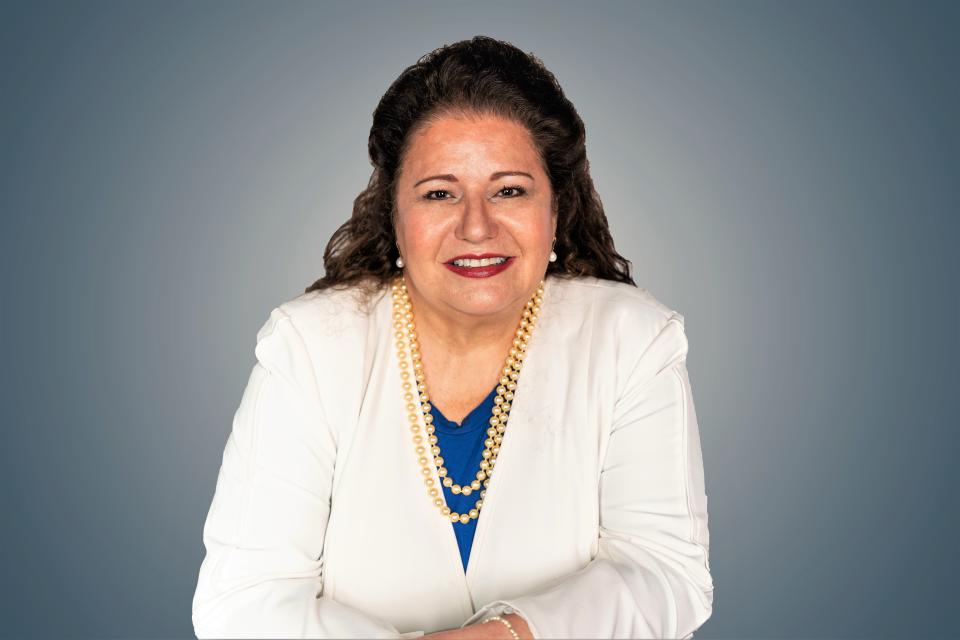Defining "Medicare Advantage" correctly can save you from falling for a scam| Wallet Warning
Imagine my surprise when my 88-year-old mother was being discharged from a recent hospital stay, and they asked how we wanted to handle her ongoing therapy due to the out of pocket cost since she didn’t have Medicare! My question: “What do you mean she doesn’t have Medicare? She thinks she does.” That’s when I found out that my mother had unknowingly switched from traditional Medicare to a “Medicare Advantage” Plan.
You’ve seen the ads with all the famous people – Joe Namath, Jimmie “JJ” Walker, William Shatner, etc., hawking “Medicare Advantage” Plans. These may be legal plans but they are not the government sponsored, traditional Medicare. Nor do they provide Medicare Gap coverage. “Medicare Advantage” plans are private insurance plans that are reimbursed by the government’s Medicare program; they are not Medicare. Not only is the name misleading, but seniors can get sucked in by promises of no premiums in addition to dental and vision coverage. That’s all well and good if the plan actually covers any of those things. The plans are usually “preferred provider” plans and providers are sometimes very limited even in large cities, leaving many claims denied. Also, as I learned, there are also standard expenses that real Medicare pays in full but the “Medicare Advantage” plans don’t.
Seniors buying “Medicare Advantage” plans think, even though they know they’re getting the plan through an insurance company, they’re somehow still in Medicare or backstopped by Medicare. The reality is neither.
With a “Medicare Advantage” plan, the private insurance company has control and you are at their mercy. The companies can deny care (and frequently do), refuse to pay for tests, and even refuse to authorize or pay for surgeries and other life-saving procedures.
This is a familiar health insurance business model, in fact. If care and claims can be denied without recourse, the more profit can be made. And, because many elderly insured don’t challenge denials of care, the companies can get away with it far more easily.
“Medicare Advantage” plans also don’t offer seniors the financial security of being able to get a Medigap plan like traditional Medicare does. Medigap plans are those plans that cover the 20% that Medicare doesn’t pay. When you first sign up for Medicare, many people also sign up for a Medigap plan – when you first sign up, Medigap plans can’t refuse you because of preexisting conditions. However, if you shift to a “Medicare Advantage” plan and then try to go back to traditional Medicare in a later year, particularly if you’re older or have pre-existing conditions, you may not be able to get any Medigap plan at any reasonable price. You will have to go through the underwriting process and they can simply refuse to cover you. Folks like my mother who is 88 years old may just be out of luck.
In the Summer of 2014, the Center for Public Integrity (CPI) published an in-depth investigative report titled Why Medicare Advantage Costs Taxpayers Billions More Than It Should. They found, among other things, that one of the most common scams Advantage companies were running involved “risk scoring” of their customers as being sicker than they actually are, so that the company’s reimbursements from the government were way above the cost of caring for those people.
Here are a few quotes from the report:
“Risk scores of Medicare Advantage patients rose sharply in plans in at least 1,000 counties nationwide between 2007 and 2011, boosting taxpayer costs by more than $36 billion over estimated costs for caring for patients in standard Medicare.”
“By 2009, government officials were estimating that just over 15 percent of total Medicare Advantage payments were inaccurate, about $12 billion that year.”
Based on its own sampling of data from health plans, the report shows how Medicare has estimated that faulty risk scores triggered nearly $70 billion in what officials deemed “improper” payments to Medicare Advantage plans from 2008 through 2013.
Companies are almost never nailed for these overcharges, and when they are, they usually just have to pay pennies on the dollar. For example, when the Office of Inspector General, Health and Human Services (which oversees Medicare), audited six out of the hundreds of plans on the market in 2007, they found that just those six companies they looked at “had been overpaid by an estimated $650 million” for that one year. The CPI report stated that Medicare settled five of the six audits for a total repayment of just over $1.3 million.

As Medicare Open Enrollment approaches for this year, please make sure you are making an informed decision about your Medicare coverage for the upcoming year and for your future. Remember that “Medicare Advantage” plans are private insurance, not the government’s Medicare. If you need assistance, please reach out to our partners at the Aging Commission of the MidSouth at (901) 222-4100. They have a team dedicated to helping people with Medicare decisions.
Our goal with Wallet Warnings remains the same - to help you safeguard your money. If you have any questions or need any additional information about anything discussed here, please call (901) 222-0206. We are happy to help you avoid scams, fraud and predatory lenders.
Regina Morrison Newman is a Shelby County trustee
This article originally appeared on Memphis Commercial Appeal: Why Medicare Advantage program is a scam | Wallet Warning

